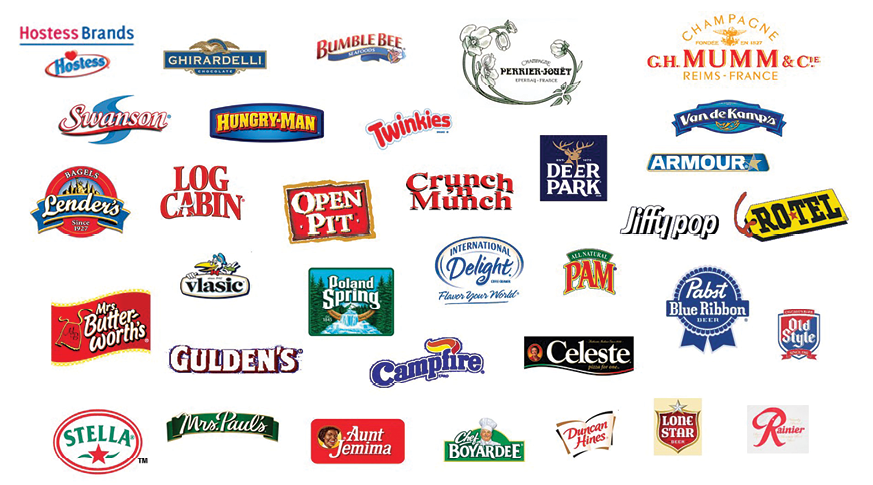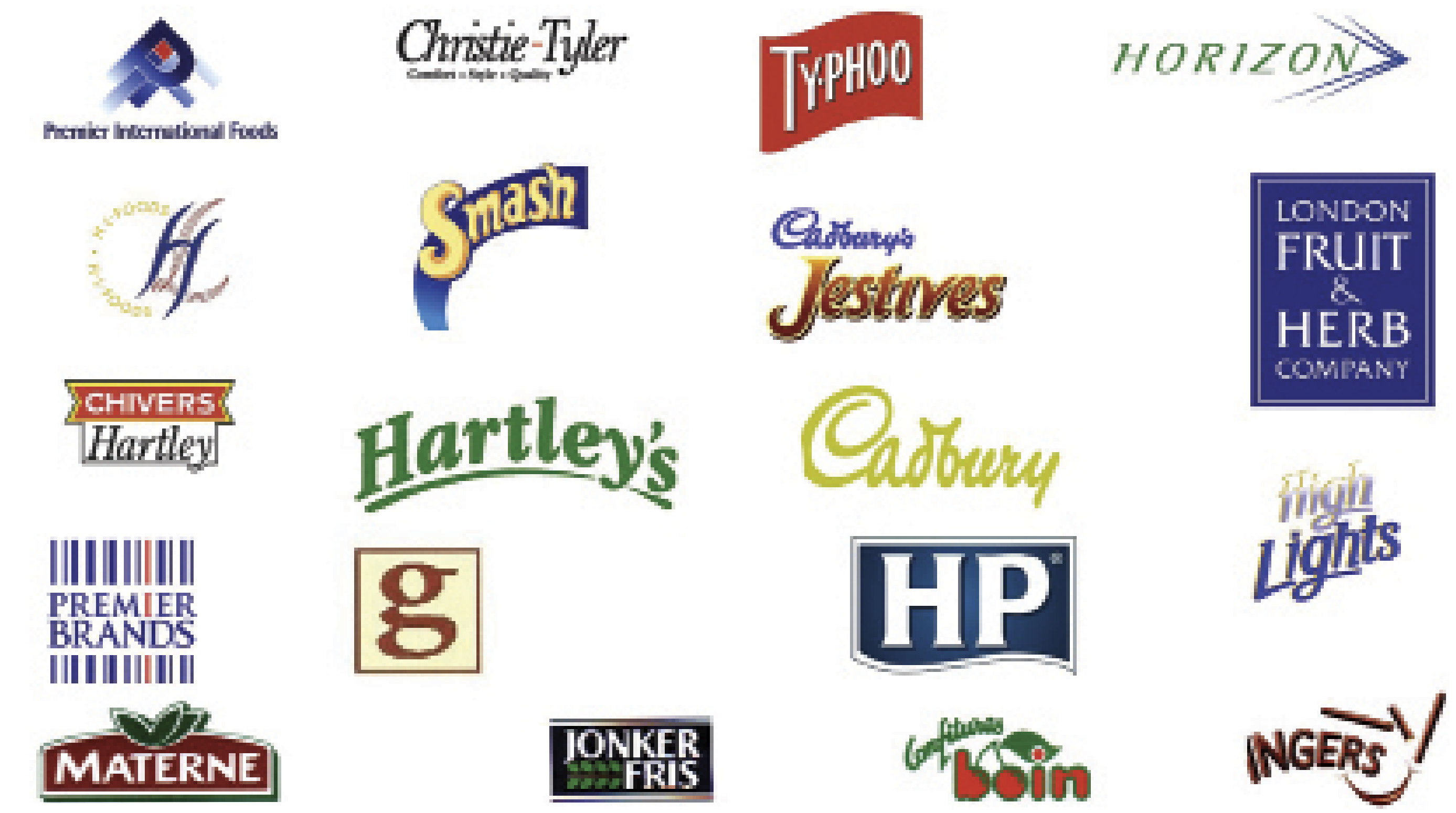- Home
- Media Kit
- MediaJet
- Current Issue
- Past Issues
- Ad Specs-Submission
- Reprints (PDF)
- Photo Specifications (PDF)
- Contact Us
- PRIVACY POLICY
- TERMS OF USE
![]()
ONLINE
![]()
ONLINE

Family Partnership
Editors’ Note
Early in his career, C. Dean Metropoulos was Senior Vice President of GTE International, a telecom, lighting and precision materials company, operating in over 63 countries. Since starting his private equity career at the age of 32, Metropoulos and his sons, Evan and Daren, have acquired and transformed 80+ businesses around the world and have earned a unique reputation with investors, executives, employees and consumers for their financial returns, transparency, innovation, systems, and constructive partnerships.
What was your vision for creating Metropoulos & Co. and how do you define its mission?
My early career started with GTE International, rising to their youngest corporate executive – CFO for Europe, Middle East, and Africa at the age of 24, and at age 29, CFO International, working and constantly traveling around the world. Many exciting corporate opportunities arose for me in those early years, but a new business frontier was evolving – Private Equity. This intrigued me as I loved building and profitably growing businesses. Thus, I started Metropoulos & Co. to participate in this exciting new frontier.
One of my first deals was the purchase of a cheese company that rolled up many of the specialty, branded cheeses in the U.S., and we successfully sold it to a Canadian public company. This transaction introduced me to the “consumer” sector. Having completed 65+ consumer deals and several industrial transactions, and engaging my sons, Evan and Daren, early in their lives, we fell in love with historic and iconic – 100–200-year-old brands, many of which had lost their way, operationally and innovationally. Our family partnership was magic. Evan and Daren led with innovation, packaging, and unique highly-engaged marketing such as The Rock (WWF) with Chef Boyardee, with NFL’s Warren Sapp, Jeremy Shockey, and Clinton Portis with Hungry-Man dinners, Gulden Mustard, and Jennifer Aniston in the movie Picture Perfect, brands including Pabst, Perrier Jouet, Mumm Champagne, Bumble Bee – regularly on Howard Stern, Ghirardelli, and many other truly iconic brands.

Metropoulos & Co. brands
What have been the keys to Metropoulos & Co.’s success?
I attribute our success to our operational focus, Evan and Daren’s unique marketing and innovation skills, and creating and insisting on a lean management culture with a sense of urgency, strong accountability for performance, cash flow and strong reinvestment to ensure growth and innovation.
Where did your interest and passion for philanthropy develop?
My family: my parents, my brother, my sister and I, came to the U.S. as poor immigrants from Greece. It was a challenging transition watching my parents work many hours in factories to achieve their purpose of bringing their children to America, the land of opportunity and education. They provided a family atmosphere of respect, love, and a strong work ethic, which gave us the confidence to reach and achieve our potential. Also, a critical lesson which we were often reminded of was Aristotle’s philosophy of “kindness and moderation,” and also having a very constructive and loving relationship with your family, friends, and fellow workers – the basis of life’s positivity and self-confidence. My mother in particular would regularly remind us of our blessings of health and family and how many people in the world are deprived of even the hope of these attributes and access to their basic needs for food, health, love, and security.
What do you feel are the keys to being effective and making an impact in philanthropic work?
My wife, Marianne, has been the foundation of our family’s journey in balancing our family values, and pursuit of happiness, success, and philanthropy. This upbringing was the cornerstone of my family’s commitment to philanthropy. It is a challenging lesson to impart to our new generations that live in a world where materialism is so critical to the measurement and identity of who one is, versus making a difference in the lives of the deprived, and humanity, with education, medical research, and access to healthcare, food, and shelter.

Formerly-Owned Nestlé Waters North America brands
recently acquired by Metropoulos & Co.
in partnership with One Rock Capital Partners
How do you decide where to focus your philanthropic efforts?
Philanthropic effectiveness is a challenge, as it is easy to feel that one’s impact is not meaningfully making a difference. One may focus on a few important issues like education, global hunger, healthcare, and medical research that can cure global illnesses like cancer, but these issues do not have clear and measurable timelines and solutions. As businesspeople, we have measured success by timely performance and results. With philanthropy, we must adjust our expectations and bring our talents and efforts to bear to push for progress and accountability as philanthropic efforts generally do not have monthly and quarterly performance.
While much of philanthropy is focused on writing checks, you give your time, energy, and ideas to the causes you support. How important is it for your philanthropic activities be more than just about donating money?
There are 1.3 million registered charities in the U.S. and 10 million globally. The requests often become overwhelming. It is important to work with organizations like the Giving Pledge, Prince’s Trust International, Hole in the Wall Camps, and many others to ensure that there are controls and accountability with some of the global giving. We also feel it is important to make individual contributions where one can see immediate impact from helping specific families or children or causes that are right in front of us, such as abused animals, endangered reefs, etc.

International logos of Metropoulos & Co. brands
How do you define success in your philanthropic work?
As a family foundation, we have had many discussions on where our philanthropic focus should be. We have identified a few important platforms, such as medical research, where we partner with Memorial Sloan Kettering for cancer research; and education – we partner with Prince’s Trust International to provide access to education for hundreds of young children in Africa, Greece, and other countries, as it is our strong belief that education is the key to addressing most of the important needs of the world.
In addition to many of these global efforts, my family derives particular pleasure from the immediate impact and reward we feel when we support certain needy families or individuals, or organizations such as Shriners Hospitals, St. Jude, Mercy Ships, Doctors Without Borders, and Wounded Warriors, etc. We are committed to sharing our blessings with those in need and to help impact humanity through the broader efforts of education, medical research, the environment, and social change. We also have a strong commitment to supporting animal welfare organizations such as the ASPCA and Humane Society of the U.S.
Environment – we are advocates of ESG and addressing the alarming deterioration of our world – toxic emissions, melting poles, rising temperatures and sea levels, rapidly expanding deserts, deforestation, etc. Many of these challenges are driven by a rapidly rising population and its demand on our limited resources. In addition, we see a tremendous need for change in long-standing traditions and attitudes that continue to foster social inequality of women, race, class, etc.
There are many international efforts and formal government commitments to bring about true changes, but it is far from clear that the government and business commitments are being effectively and timely implemented. There will always be challenges to the “G” of ESG – Governance, and regulation around these issues that are alarmingly threatening our planet and humanity, and timely action is critical as we watch daily rising temperatures and storms that overwhelm our planet.
We learn that everything in life requires commitment and engagement if it is to be successful. We may not be in control of most of the philanthropic challenges, but we can make an important difference by contributing our funds, talents, and efforts to help in the infrastructure and execution of a charity’s mission. This engagement is a true challenge, but we must commit to working with many global institutions and philanthropists and try to make a difference.
With all that you have achieved in your career, are you able to enjoy the process and take moments to celebrate the wins?
The measure of my life is to know that I have enjoyed and fulfilled my life’s journey – professionally, socially, religiously, ethically, and most importantly, to be part of a happy family with love, care, shared values and ethics, and more than ever in my life, how do I and my wife, Marianne, the steward and philanthropic leader in our family, optimize the impact of our resources to the above outlined causes while living a close and happy life with our families. We feel blessed that we are able to enjoy and share the things that are important to us, and pray the future continues to be positive for the world’s children. One’s life is not about what we have, but what we do.
What advice do you offer to young people beginning their careers?
My advice to all young people is to live a life with purpose, feel love and involvement with your family, and commit to making an impact on other people’s lives and humanity. Balancing all of this is not easy in this rapidly changing and demanding world of globalization – AI and technology – while maintaining your personal feelings of love, care and the desire to make a difference. But it is this balance that will be the core to one’s happiness and fulfillment.![]()